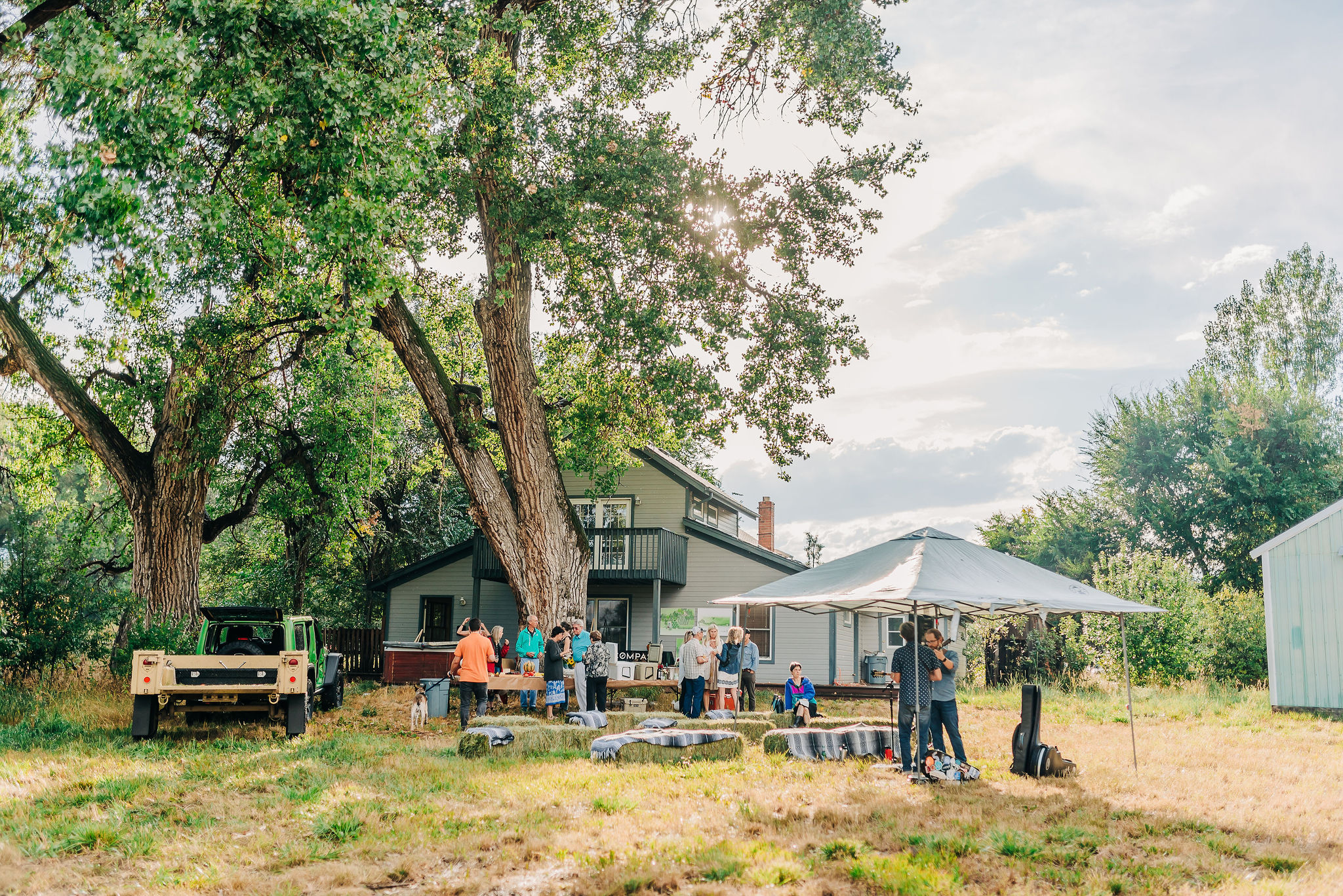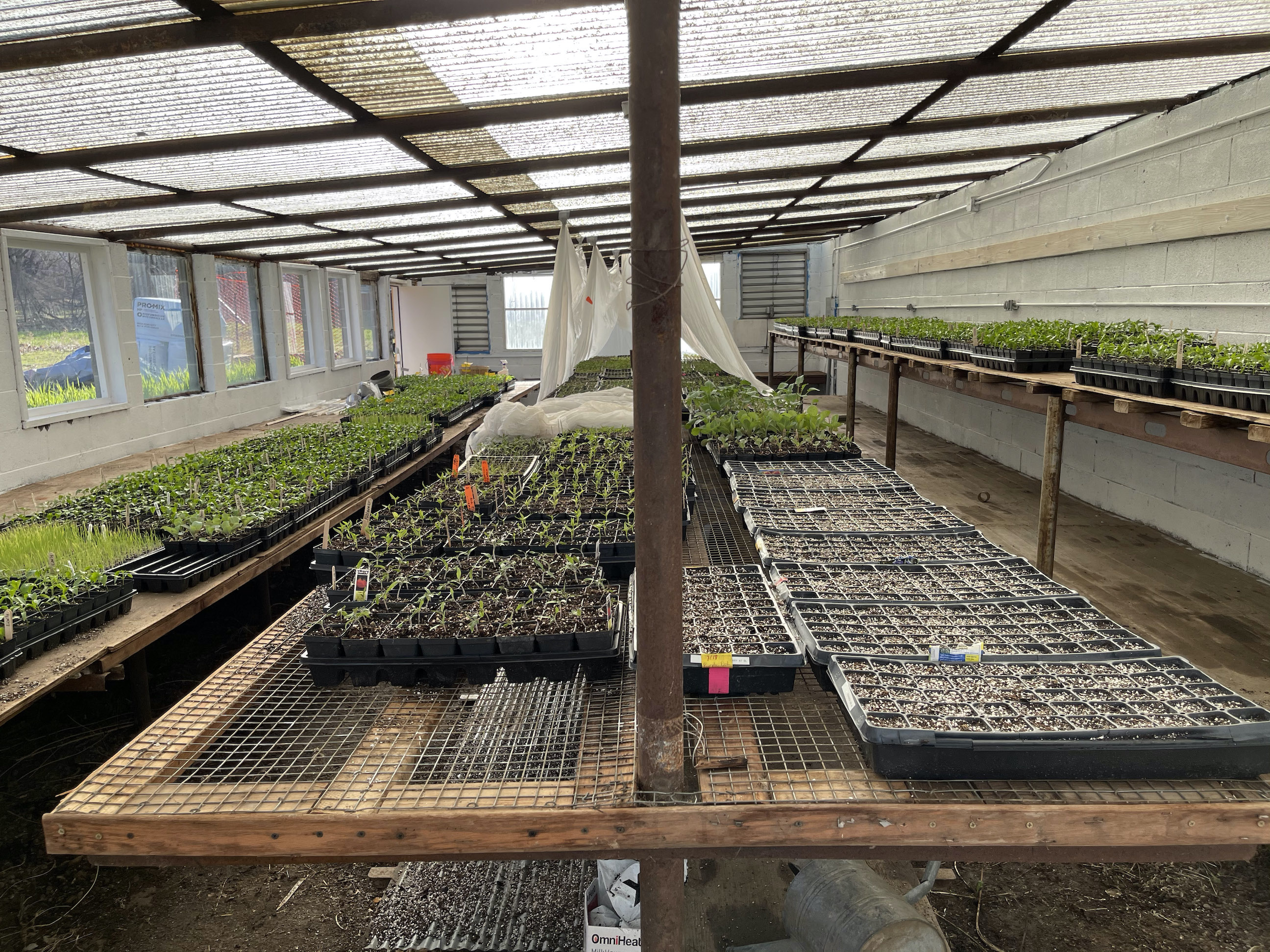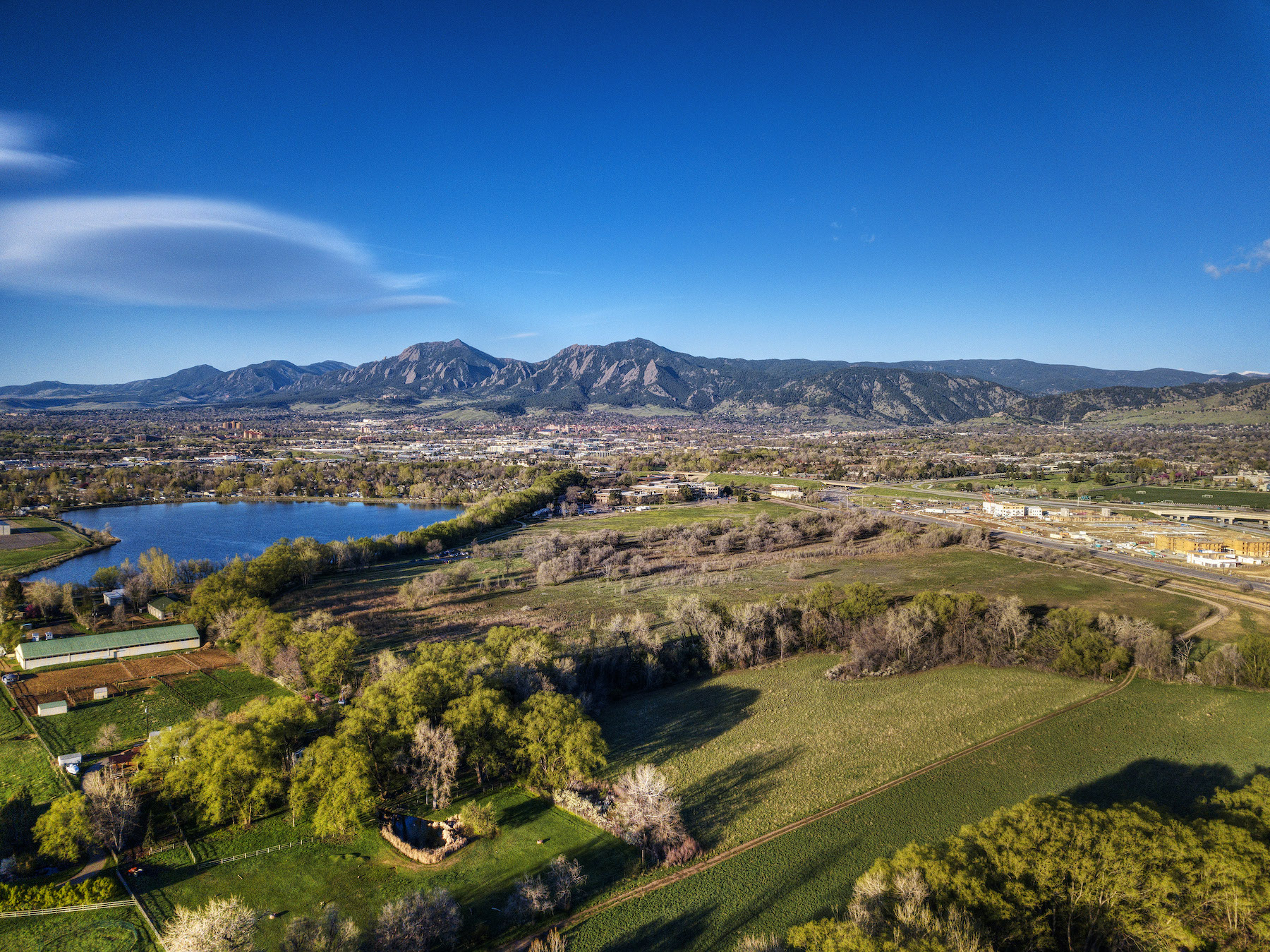For people experiencing food insecurity (defined as anyone who lacks consistent access to enough food for an active, healthy life) the pandemic made a pressing issue worse. With a sharp increase of families and individuals experiencing some form of food insecurity during 2020, non-profits and other organizations have been attending to the problem at the local level.

Focused on food insecurity in Boulder and Broomfield counties, Catherine Burgess, with the real estate firm Burgess Group | Compass, saw a field of opportunity. She along with other partners, and launched the Food Security Project at the historic family-run 80-acre McKenzie Farm in Boulder to grow key produce and distribute more locally-sourced food to those experiencing food insecurity.
“There are people in Boulder and Broomfield counties who are working full-time jobs, but at the end of the day, they do not have enough money to pay all their bills,” explained Burgess, adding that sparing food is usually the easier option than cutting on other necessities like rent or bills.
According to Burgess, over 46,000 Broomfield and Boulder County residents are currently experiencing food insecurity and 12 percent of that are children. The problem of food insecurity has sharply increased since the pandemic and has a disproportionate impact on low-income and BIPOC communities.

Boundless Landscapes, Community Food Share and Earth’s Table partnered with the Burgess Group | Compass to address the problem earlier this year and leased the McKenzie Farm until October this year to grow produce for the Community Food Share to distribute to Boulder and Broomfield County.
Community Food Share, the largest food bank (in terms of quantity distributed) that serves both counties, hired farmer Katie Ketchum to harvest and oversee the agricultural yield and harvesting process of the project. Earth’s Table, a non-profit organization with roots in addressing hunger through community farming, will mentor her. Additionally, a public benefit corporation, Boundless Landscapes, supports the new project thanks to its seasoned team of experienced micro-farmers.
Crops like snow and snap peas, collard greens, tomatoes and sweet and hot peppers, among a fresh array of others, will yield through the seasons until the lease ends.
Julia McGee, director of communications at Community Food Share and Burgess advises on the ultimate personal effort to support food security during these times: Building your own pandemic victory garden. According to McGee, it is a more sustainable and efficient way to farm, distribute food and support the community overall. What first started as a movement that peaked during World War it can still help address food insecurity at the local level as mutual aid, regardless of a garden’s size or space.
“I would encourage people who are interested in growing food for us, or who are considering growing food for hunger relief programs near them, to remember that really no donation is too small,” said McGee. “It can be a tiny strip of dirt – you can grow five giant tomato plants in a tiny strip of dirt – or it could be a container, or even turning your whole yard into a micro-farm,” continued Burgess.
Raised garden beds, small plots of land, micro-farms or greenhouses, along with robust and healthy soil, are all accessible and sustainable ways to grow and distribute food to the community while staying on budget. It’s also a great way to better familiarize yourself with the process of growing food and the beauty of the earth — all while giving back.
All photography provided by Food Security Project.







